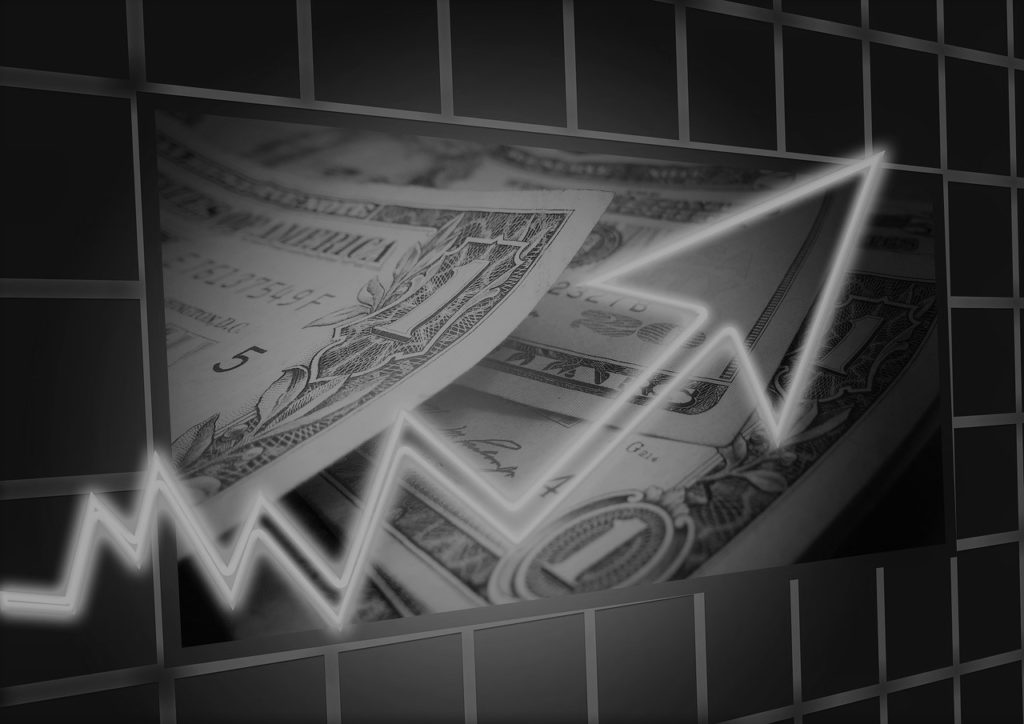Know-How
How Does The Forex Market Work?
 The Forex market is perhaps the biggest arena available for those who want to manipulate their finances and make them grow right before their eyes. However, just like anything else when it comes to investment, people need to understand what they’re getting into before they put their money down. Forex looks easy from the outside, but when one is involved it can be anything but.
The Forex market is perhaps the biggest arena available for those who want to manipulate their finances and make them grow right before their eyes. However, just like anything else when it comes to investment, people need to understand what they’re getting into before they put their money down. Forex looks easy from the outside, but when one is involved it can be anything but.
How Does Forex Work? Forex is an abbreviation for foreign exchange, which is where one currency is converted into another currency using exchange rates. It’s the exchange rates that Forex investors use to make their money. Since exchange rates aren’t constant between different currencies, Forex investors use the same motto as their cousins in the stock market; buy low and sell high.
It becomes clearer with an example
Say for instance that on a given day the exchange rate between American dollars and Mexican pesos is 10 pesos to 1 dollar.
- Now, if a broker buys pesos at that value, and the next day the exchange rate shifts to 5 pesos to 1 dollar, then he or she has made quite a profit and can switch the currency back into dollars at a profit.
- It might look like magic, but it’s nothing more than simple numbers manipulation.
What makes the rates change?
This is the central question that all Forex brokers need the answer to. Unfortunately, that answer is a complicated and unhelpful one. Generally speaking, anything that changes the standing of a country’s finances, for good or for ill, can affect the rate its currency is traded at.
For example, say that a country makes an important discovery in manufacturing that remains within its borders so other people have to do business with that country to get the product.
That can increase the value of that country’s currency. So can a discovery of natural resources in sufficient quantities to alter the way that country runs and does business with the outside world. On the other hand, if a country goes to war, or experiences extreme political turmoil or upheaval, then the value of a country’s currency will likely go down. The bigger the chance that the country won’t be able to cover its debts, or that it will take an economic hit to the breadbasket, then the bigger the drop it will see with its exchange rates. Good or bad, brokers need to know.

